‘If you want to change the world, invest in helping another person to reach his or her potential’
– John Maxwell
In August 2018 I spent an enjoyable three days at the 9th Australian Stream Management Conference in Hobart. When my friends ask me about going to these watery events, I tell them I am going to hang out with my ‘tribe’. By this, I mean that when I am with other river and catchment management practitioners I don’t need to justify my reasons for caring about waterways, fish, the environment, climate change and people – basically, my ‘tribe’ just gets it, and that is a wonderful group to be a part of. I also feel that when I write a blog for the ARRC newsletter I am speaking to my ‘tribe’, and even though for some reading this we may never have met, I still feel that we are connected, and share similar beliefs about what we were put here on the planet to do.
This was the theme of my keynote at the Australian Stream Management Conference which I entitled ‘Who me? The case for investing in social capital’. I spent a long time thinking about my keynote because I really wanted to communicate how important it is that we value ourselves, our networks and our relationships. This is because social capital and natural capital are mutually supportive, and as such, both need our attention.
It is often easier to list the activities we do in relation to protecting and restoring our natural capital, but when it comes to social capital – ourselves, colleagues and communities, we often need reminding. Most important, is acknowledging that the currency of social capital is trust, it underpins everything, and once lost or broken, is very difficult to rebuild.
‘Organisations don’t have ideas, only people do. And what motivates people are the bonds of loyalty and trust they develop around each other.’
– Margaret Heffernan
So once you are committed to developing relationships based on trust, here are four things I recommend we all do to boost our social capital:
1. Practice kindness and empathy
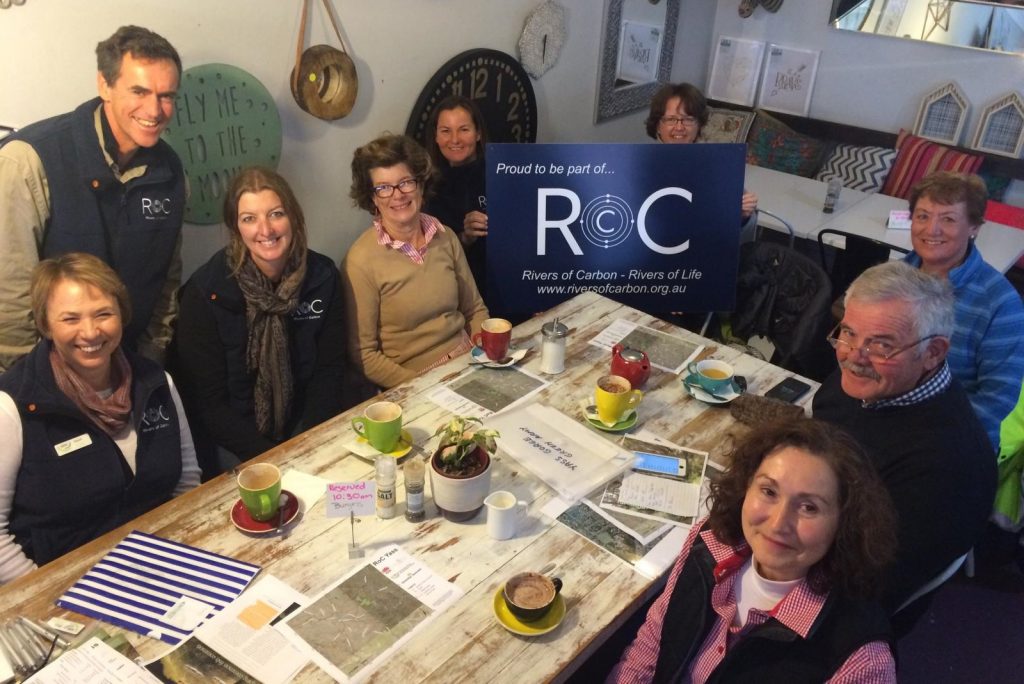
In her analysis of organisations Margaret Heffernan discovered that ‘kindness’, the quality of being friendly, generous, and considerate, is one of the key characteristics separating out the top performing organisations from the rest. Kindness means sharing what we know, connecting with people meaningfully, and being open to new ideas. When combined with empathy you get stellar outcomes, as the ‘chemical cocktail’ that is created in you and the person you are feeling empathic about, actually enables you to think more clearly, solve complex problems and develop solutions.
‘A big part of trust is empathy… now people think empathy is ‘fluffy’… its not fluffy at all, in fact it is a physiologically structured process in your brain that is critical for complex problem solving and strategy – the best strategists and leaders are those that are the most empathic’
– Fiona Kerr
2. Promote diversity
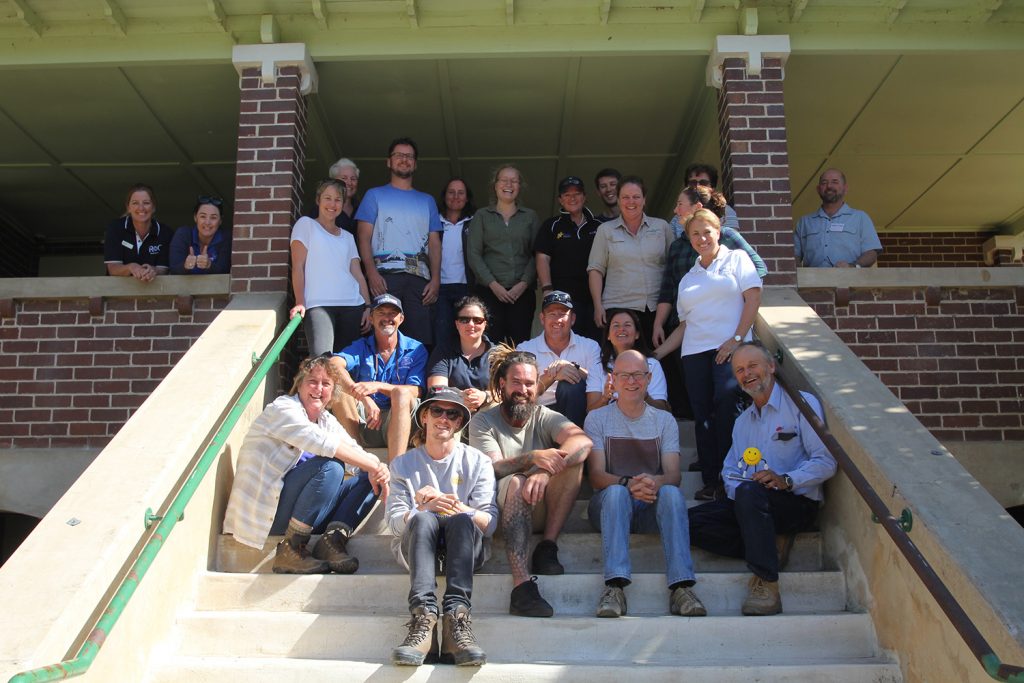
Another feature of top performing organisations and teams is diversity – this means a mix of gender, ethnicity, disciplines and ideas. How often do we really look outside the comfortable and familiar to engage with someone who might think differently? We need a lot more diversity in our decision making environment as women, Aborigines and different ethnic backgrounds are still under-represented.
‘Diversity is the art of thinking independently, together’
– Malcolm Forbes
3. Take the time to reflect on ‘why’
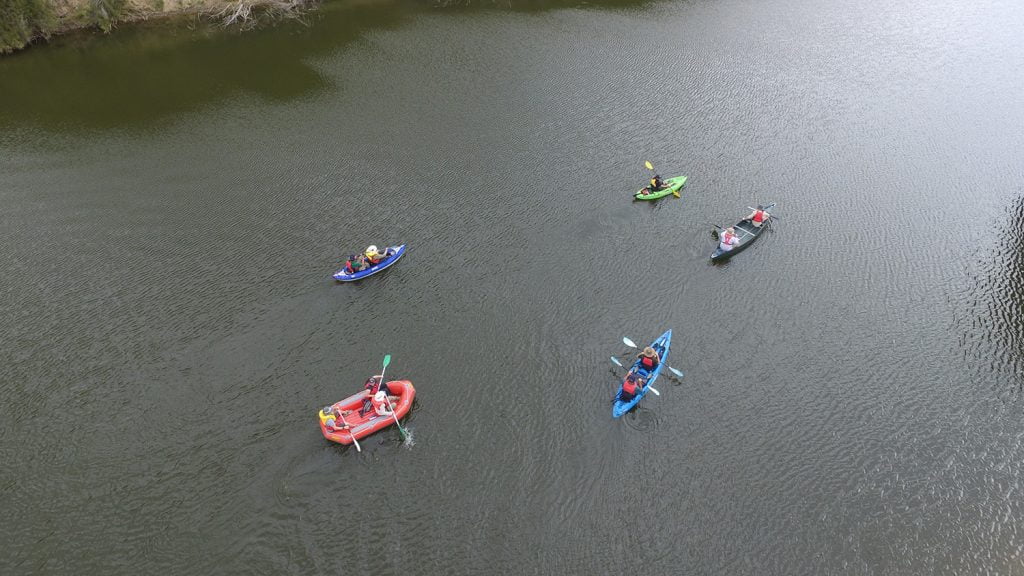
How often do you stop, put down the phone, move away from the computer and gaze out the window? Daydreaming, pausing, reflecting on why you do what you do are all really important ways of reconnecting with your sense of self and purpose. Being ‘busy’ has somehow become associated with being important, relevant and worthy. I would like us to flip this idea so that those who take the time to pause and reflect are seen as the people we need as role models. The irony of our ‘busyness’ is that we are less effective the more distracted and stressed we become, so reducing the ‘busy buzz’ is actually going to enable us to achieve more.
‘He who has a why to live for can bear almost any how.
– Friedrich Nietzsche
4. Have conversations that connect… and argue
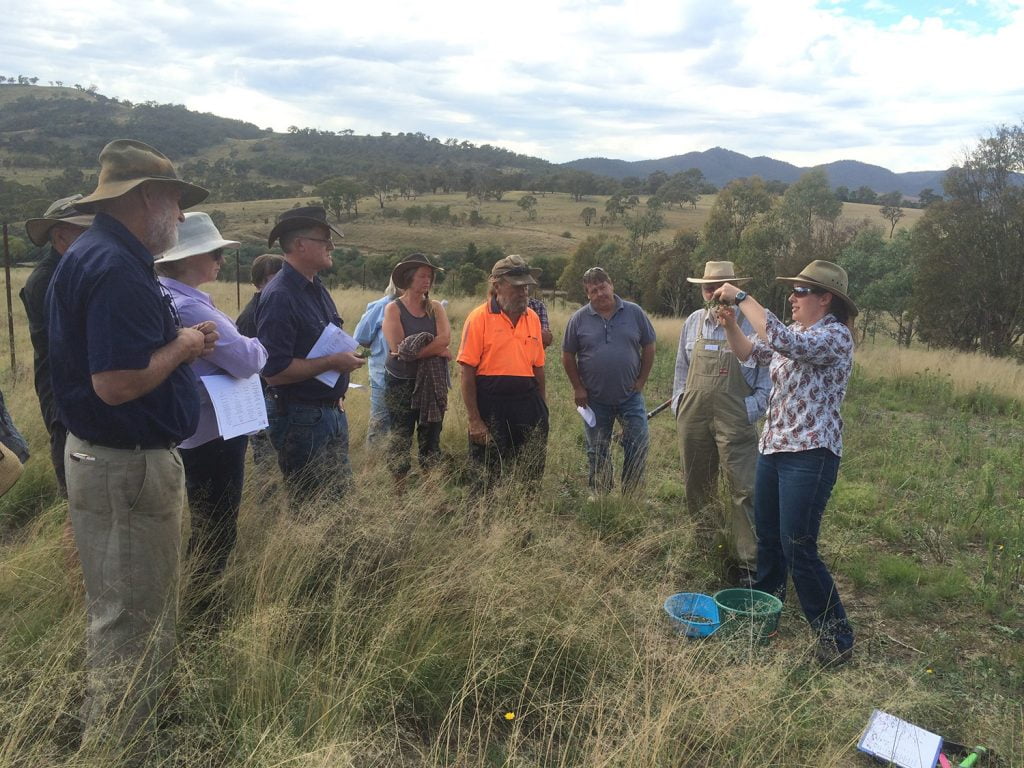
If we have relationships based on trust we should be able to enter into conversations where we disagree – if we only have ‘echo chambers’ of our own ideas, we won’t ever try new things, take risks, and discover new ways to take the opportunities presented to us. Conversations that are two way and based on mutual respect enable us to develop strong connections and relationships that are binding.
‘Be brave enough to start a conversation that matters’
– Margaret Wheatley
I believe that if you choose to prioritise these four areas of your life you will feel happier, more connected with those around you, and ultimately better able to keep on doing the things that matter to you and your community. I have chosen this quote to end this blog as I feel it beautifully supports the case for investing in social capital:
‘You cannot do it alone. As you navigate through the rest of your life, be open to collaboration. Find a group of people who challenge and inspire you. Spend a lot of time with them and it will change your life. No one is here today because they did it on their own.’
– Amy Poehler
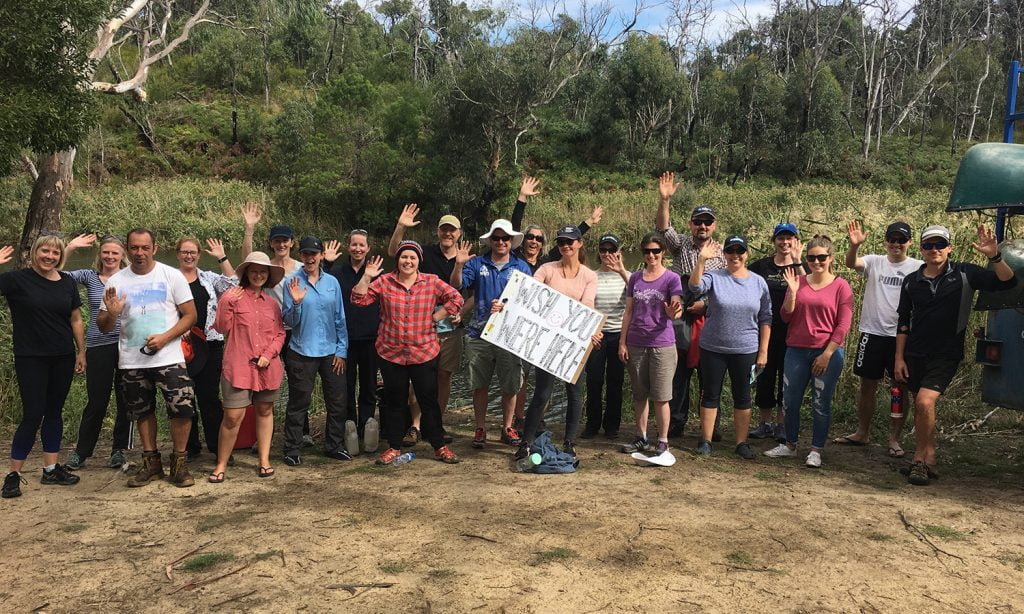
If you enjoyed reading this blog you might like to join us in exploring these ideas further at one of our 2019 workshops where we will be exploring engaging stakeholders and communicating effectively. If you’re interested in hearing more, please share your expression of interest here.
[cta id=’12862′]
